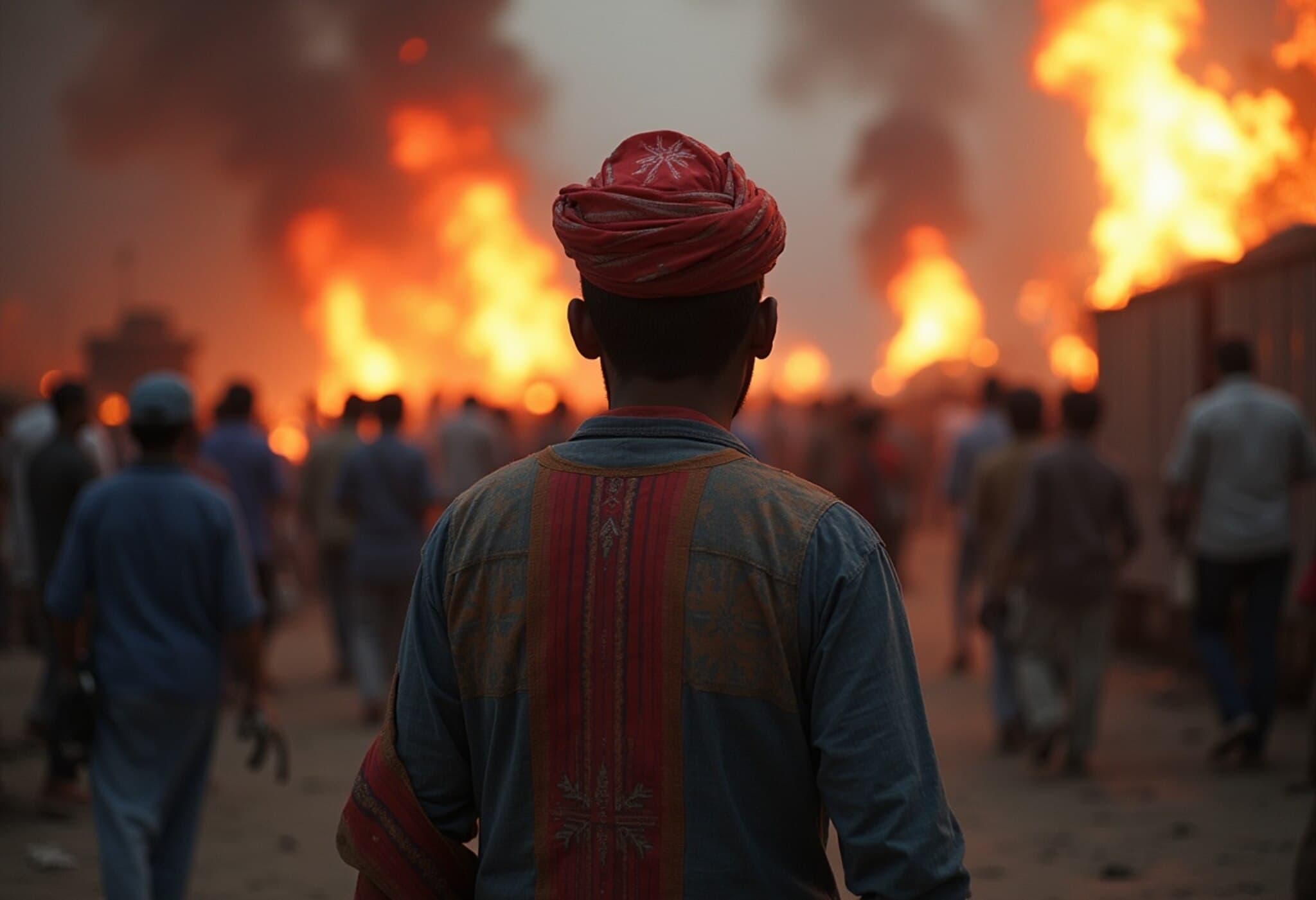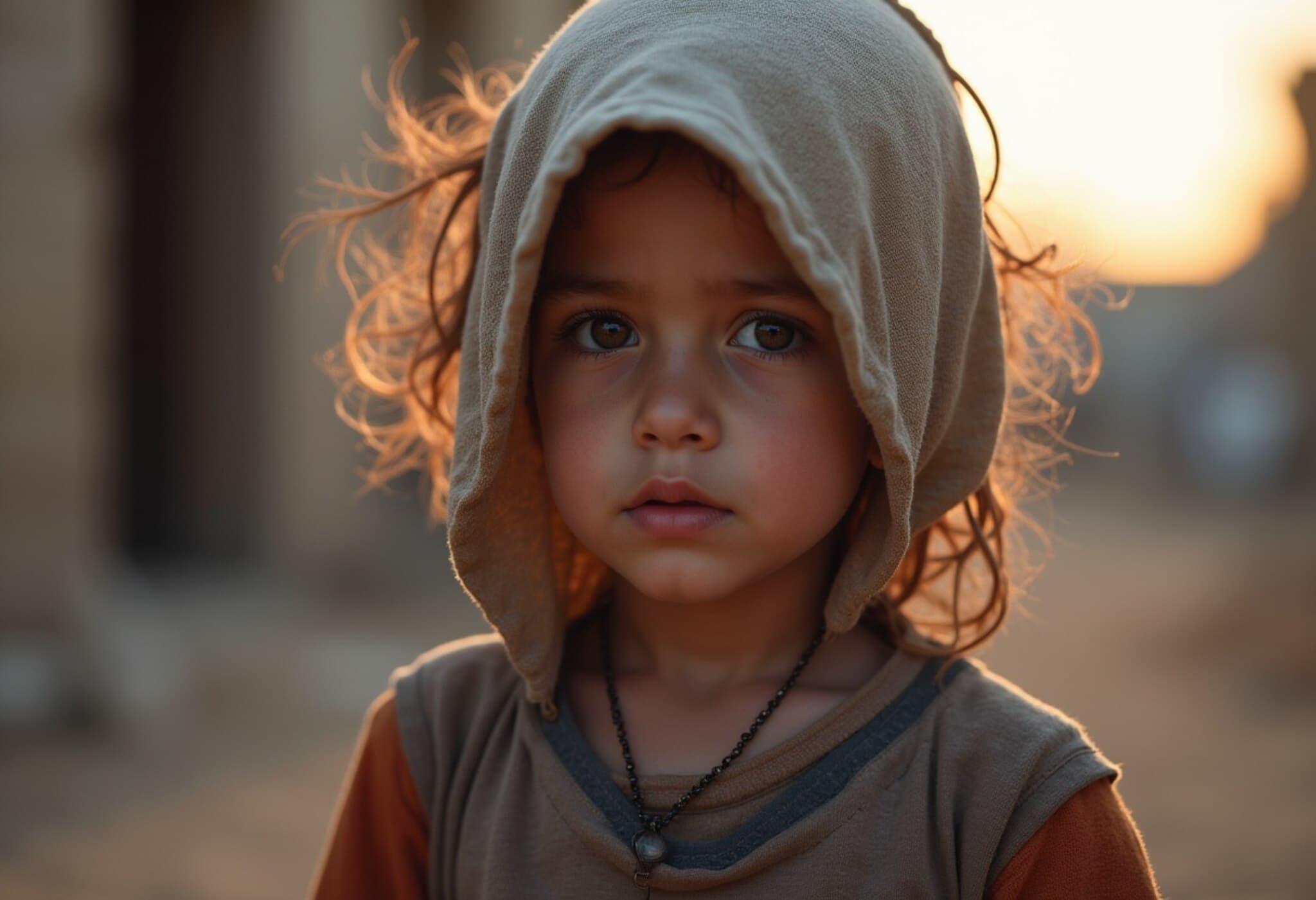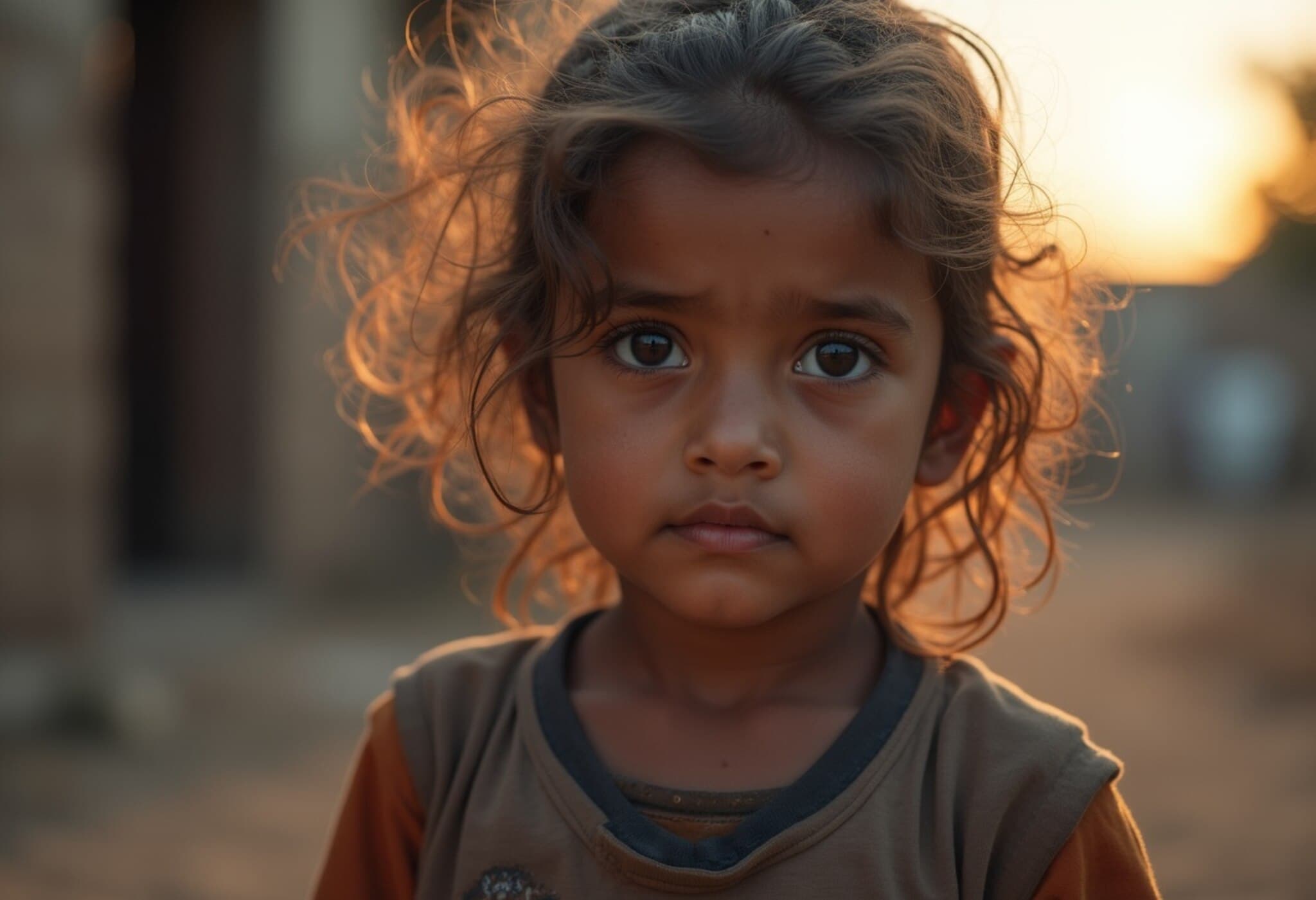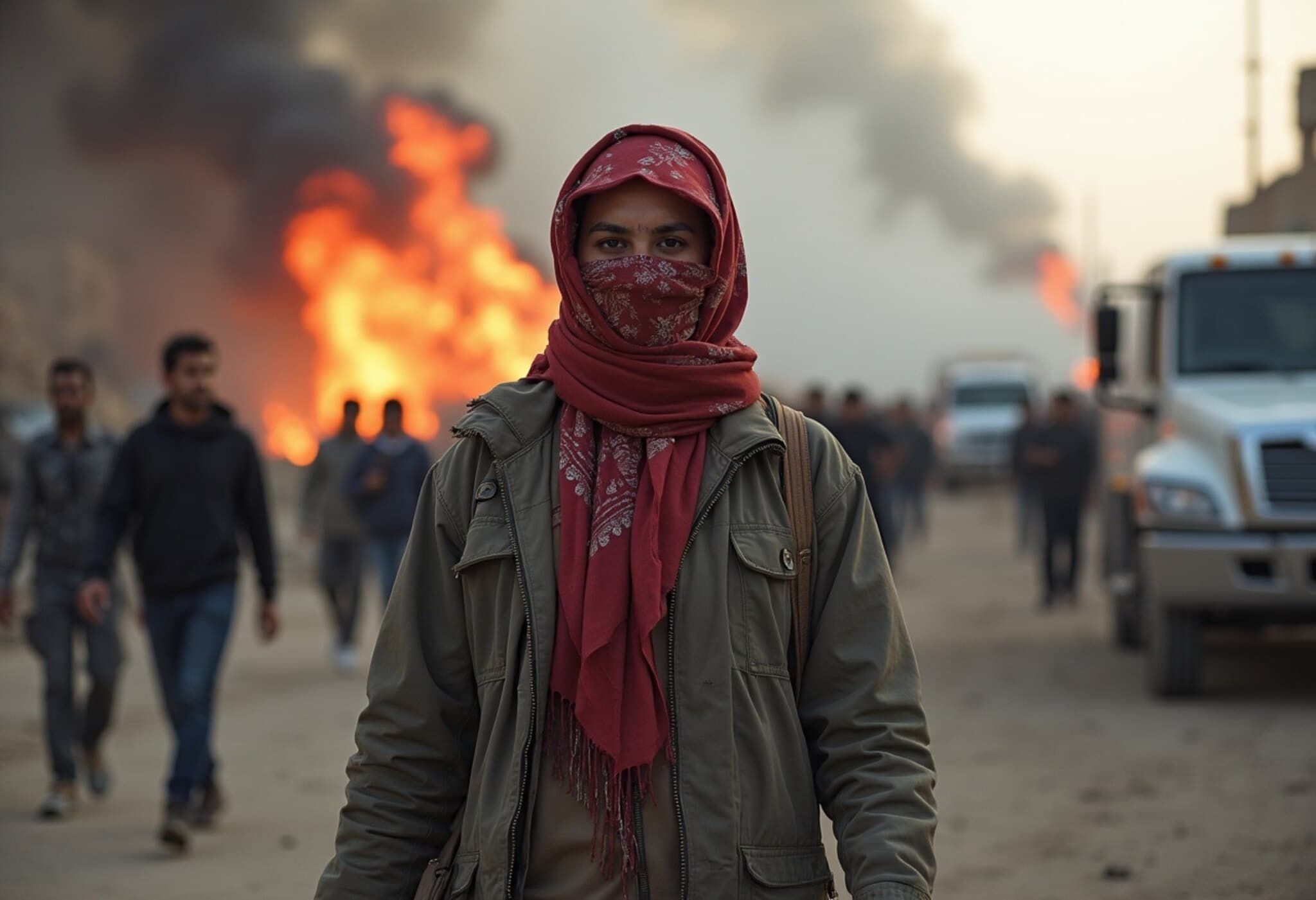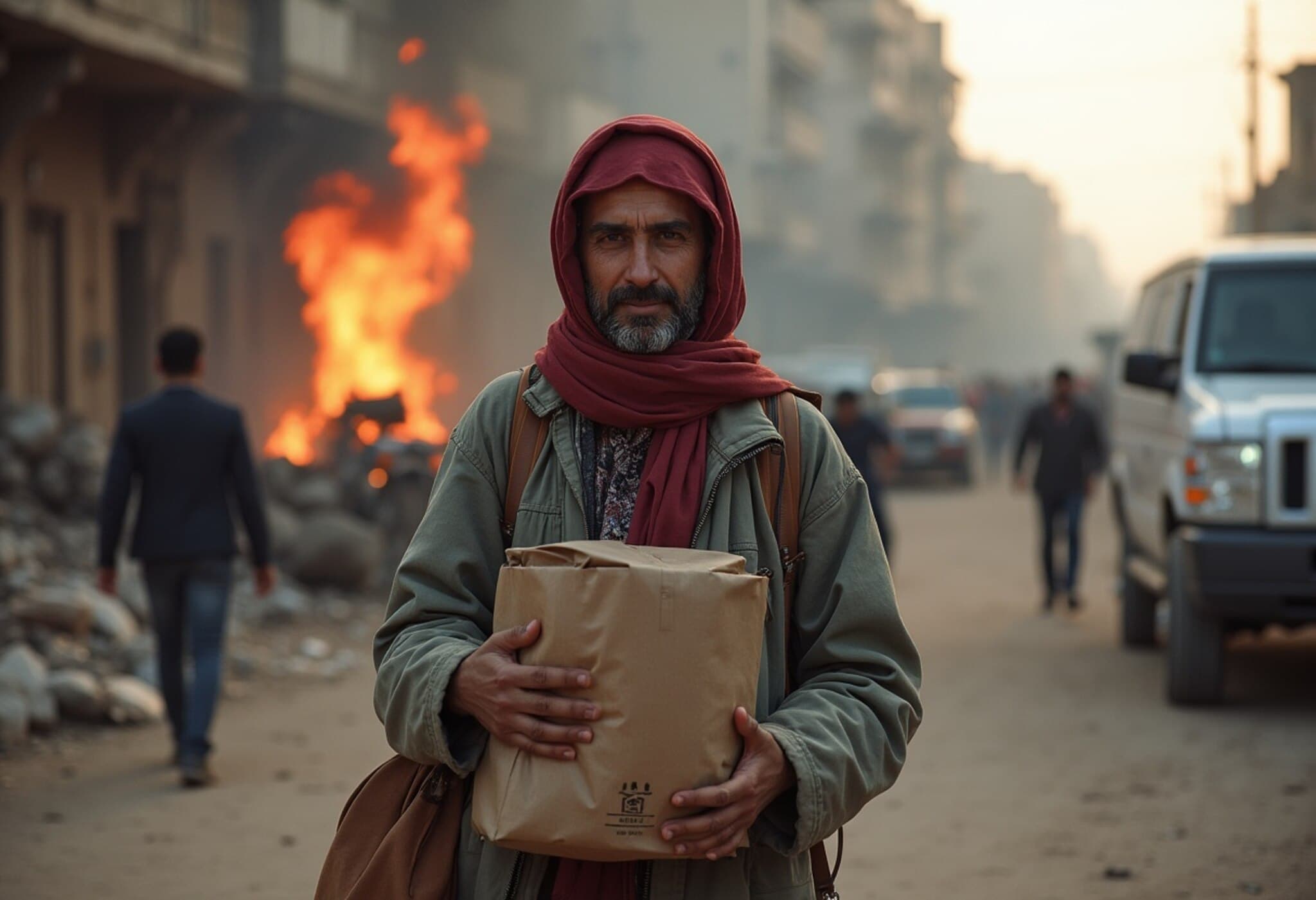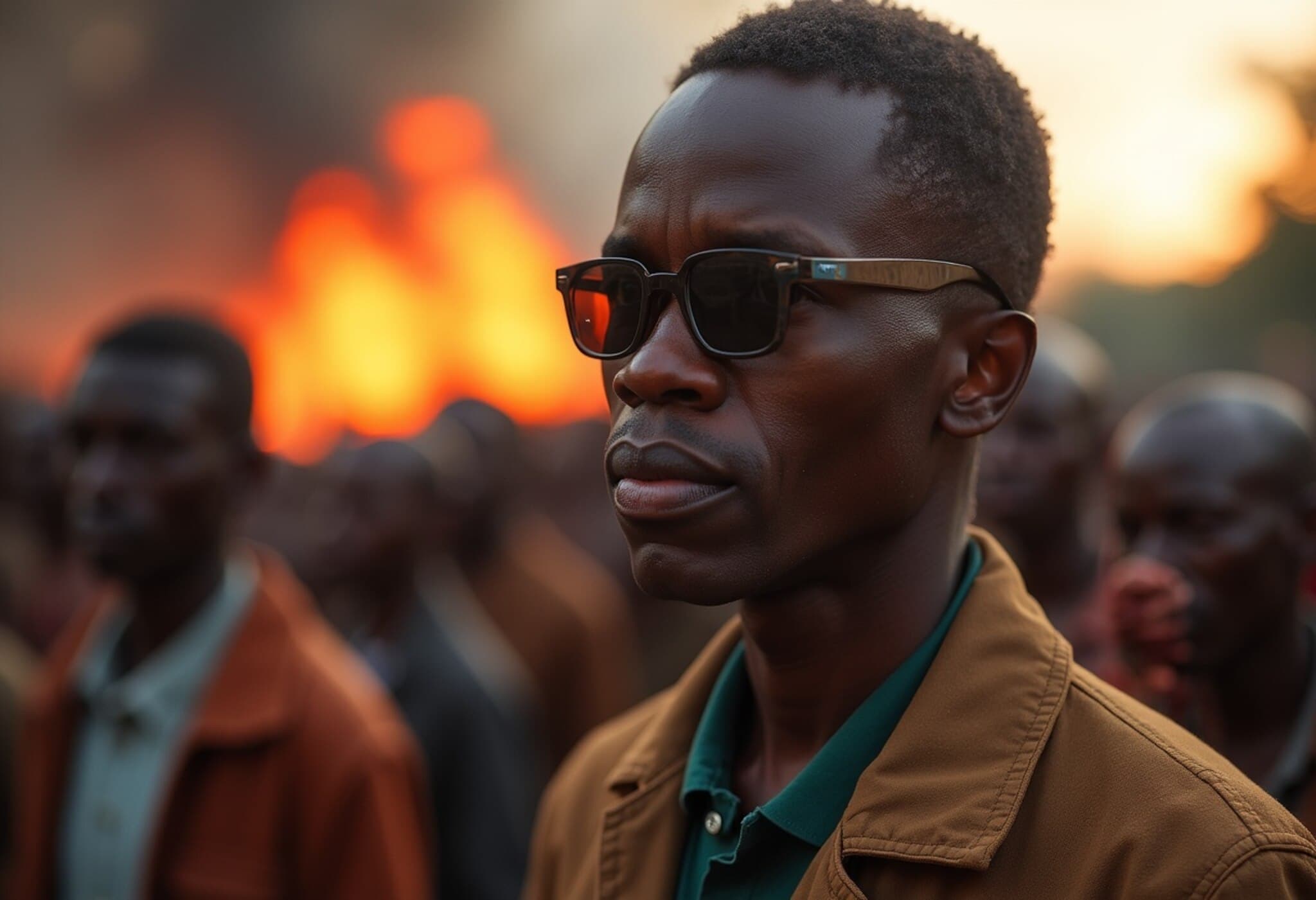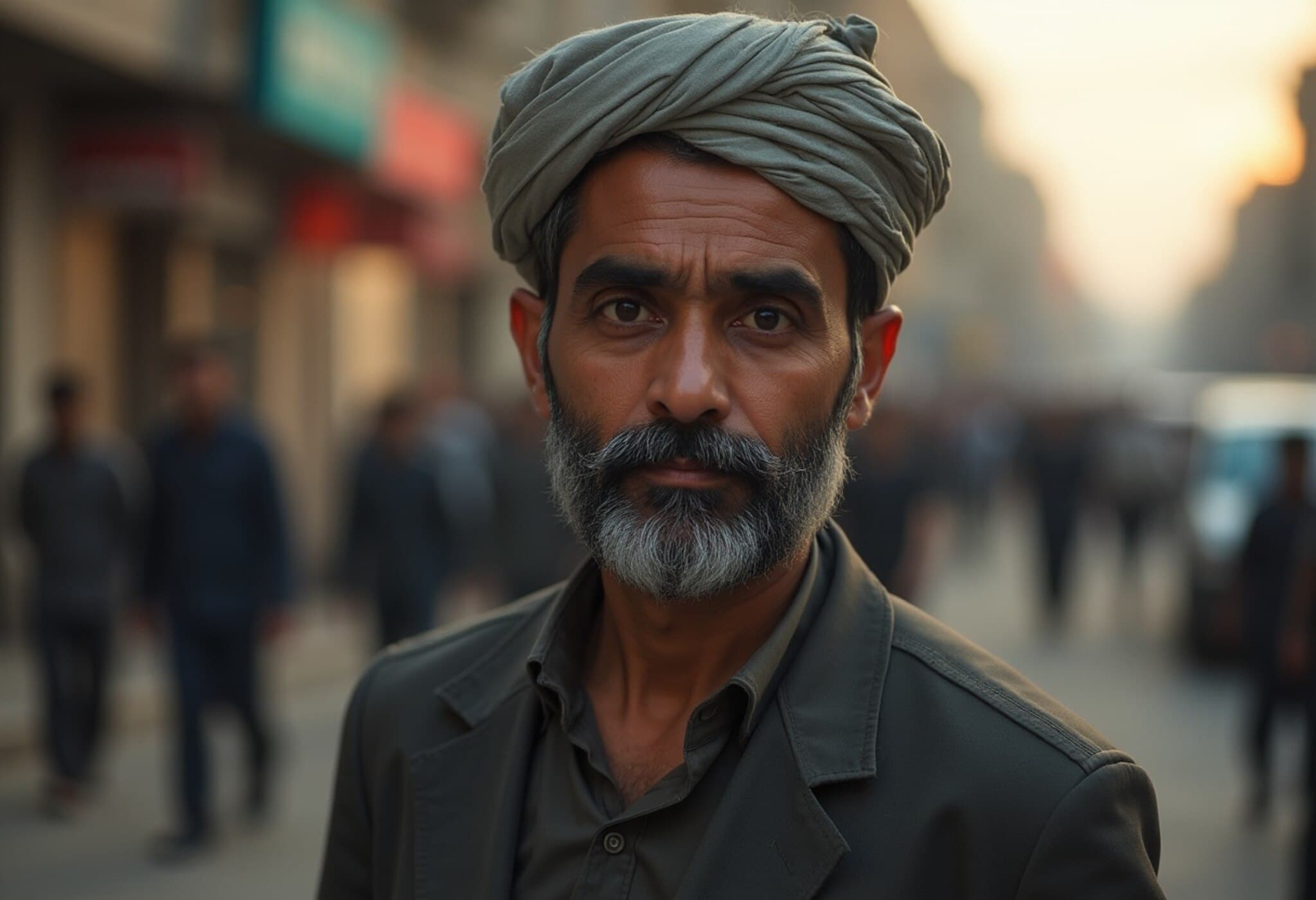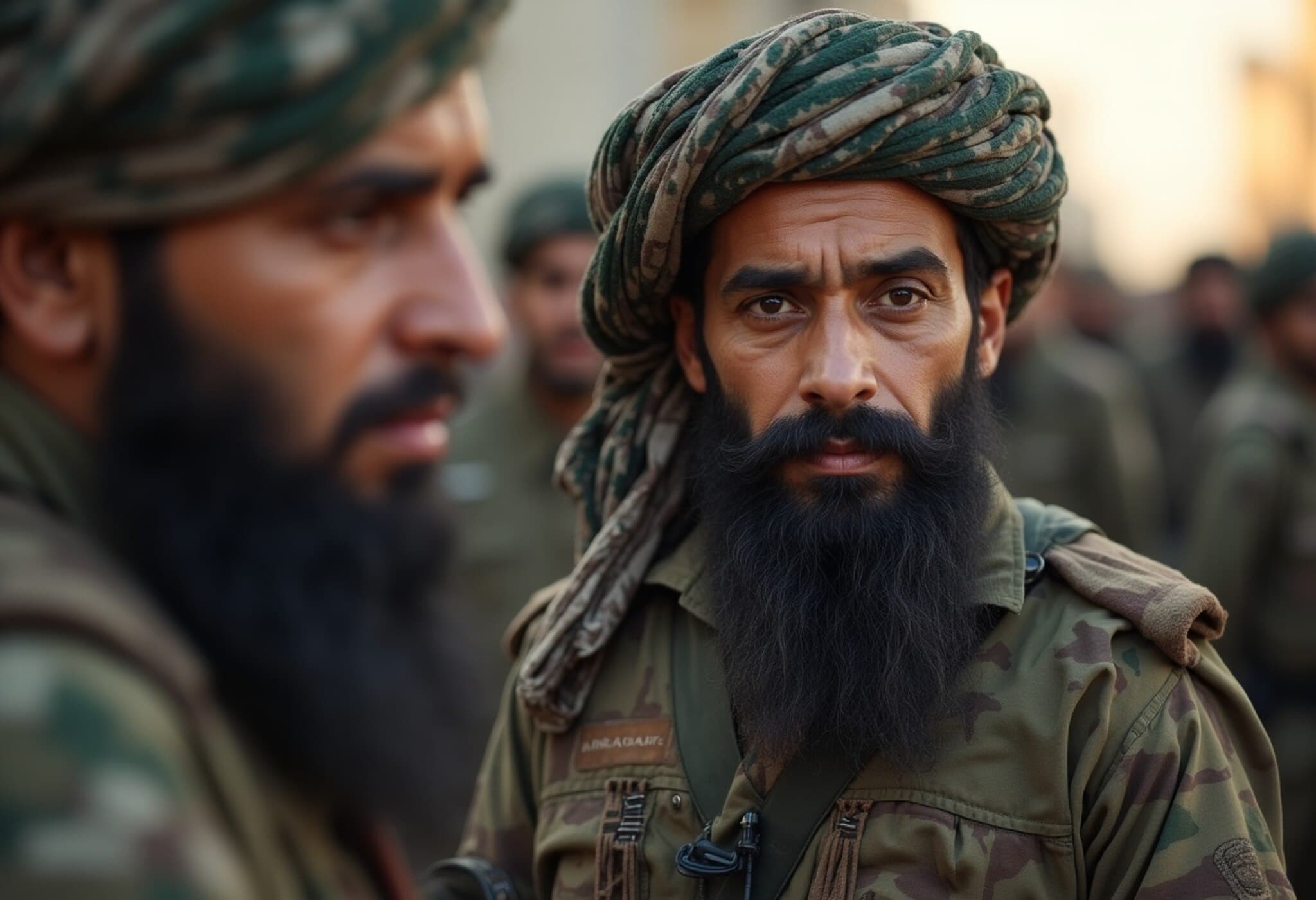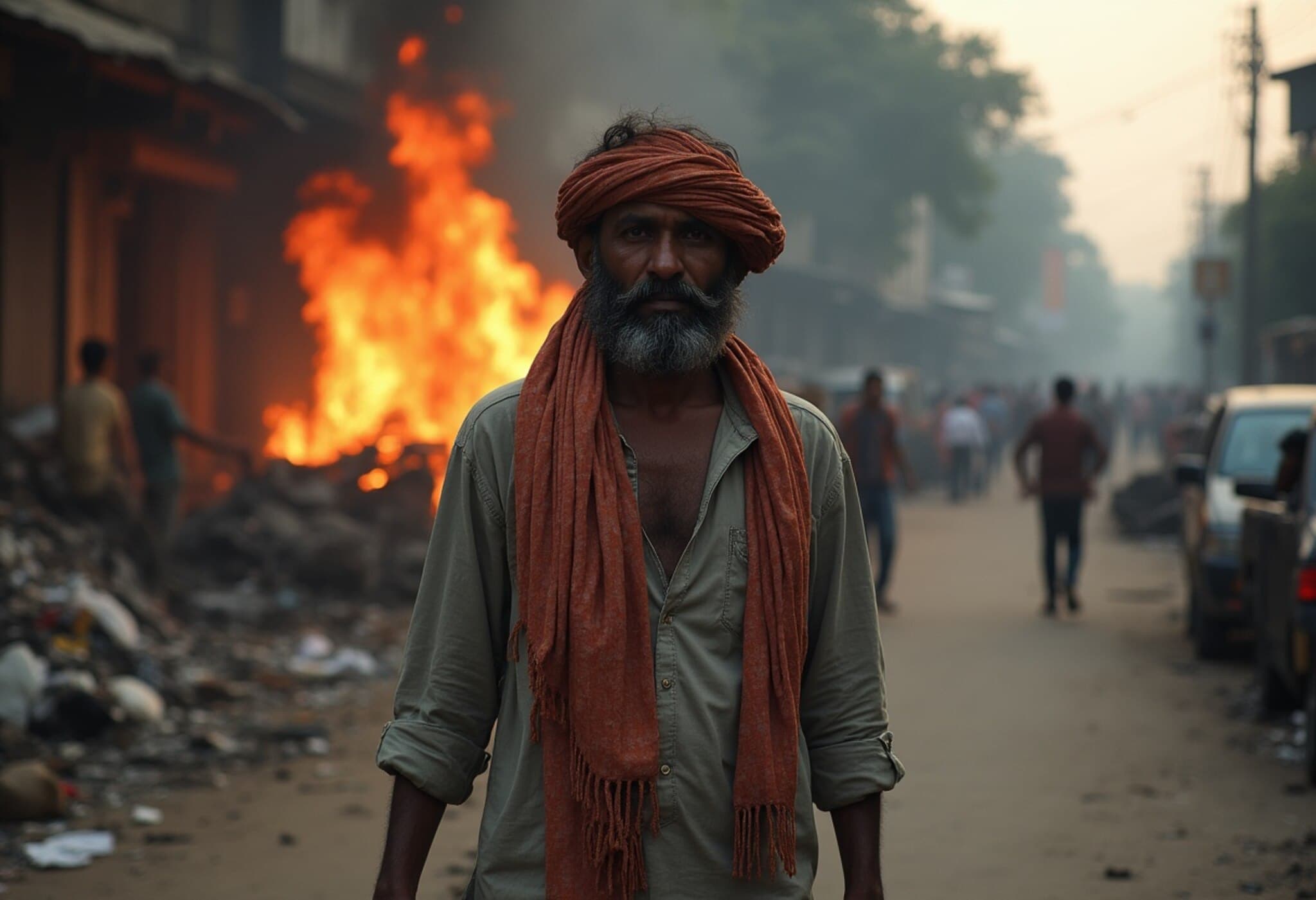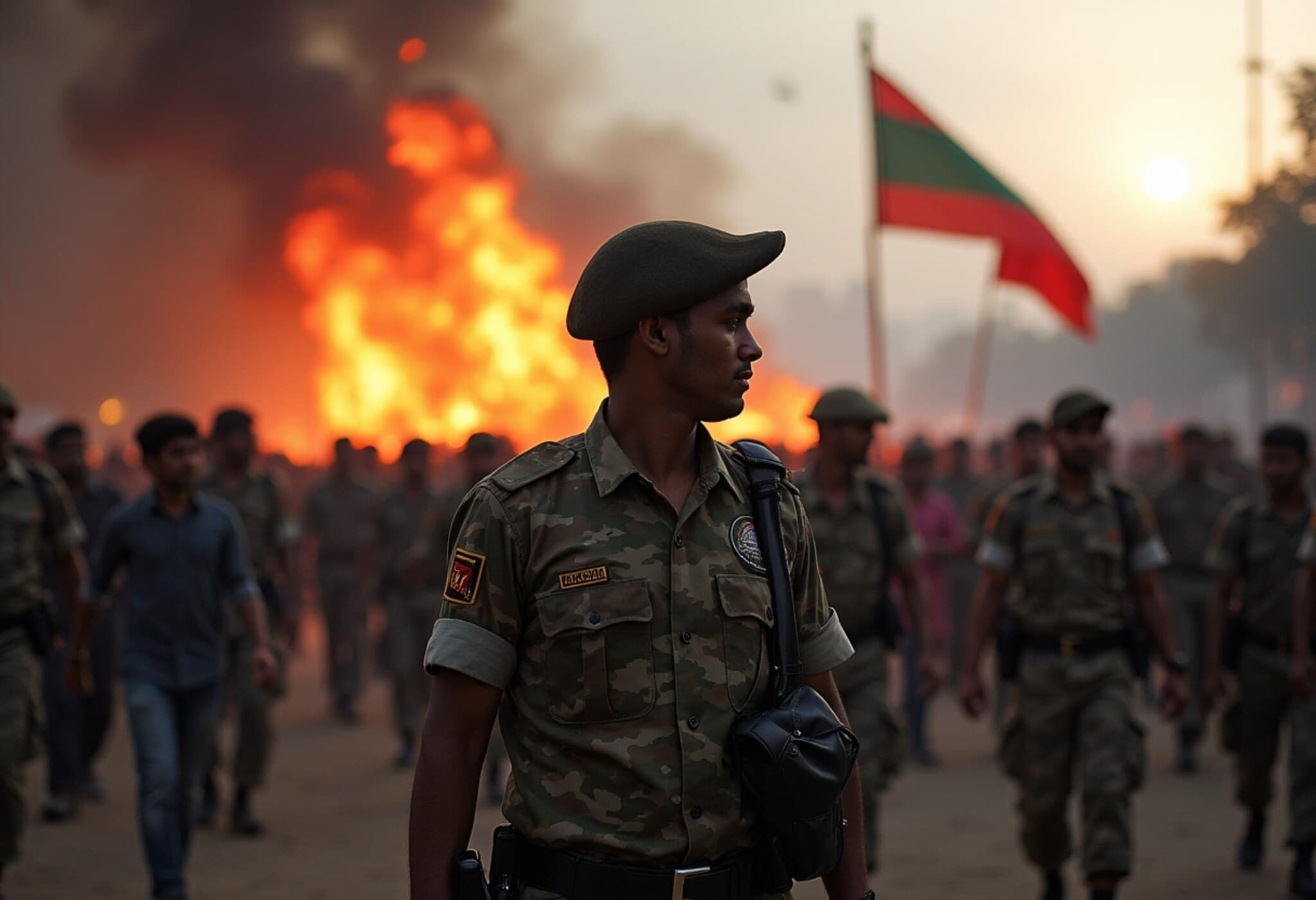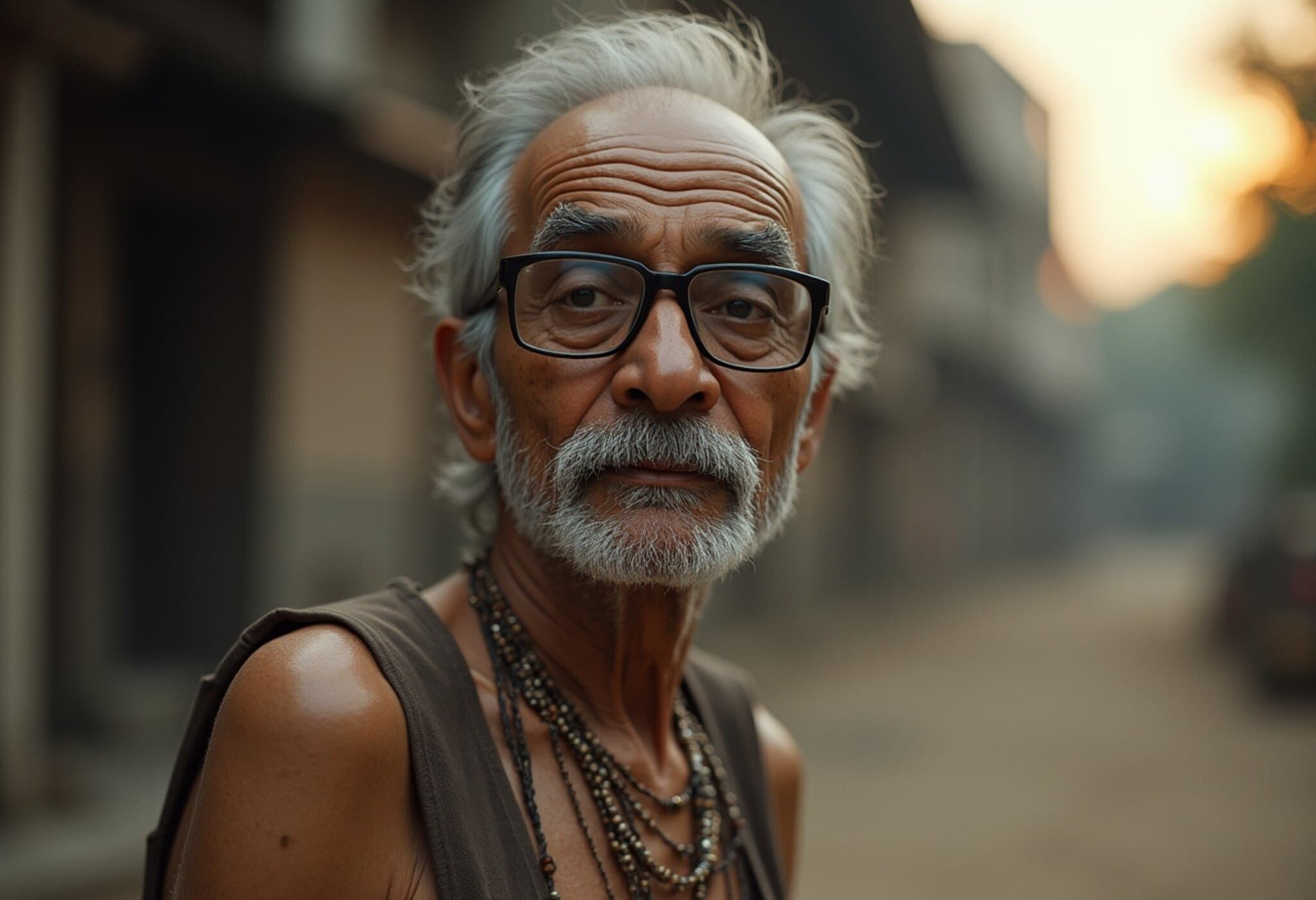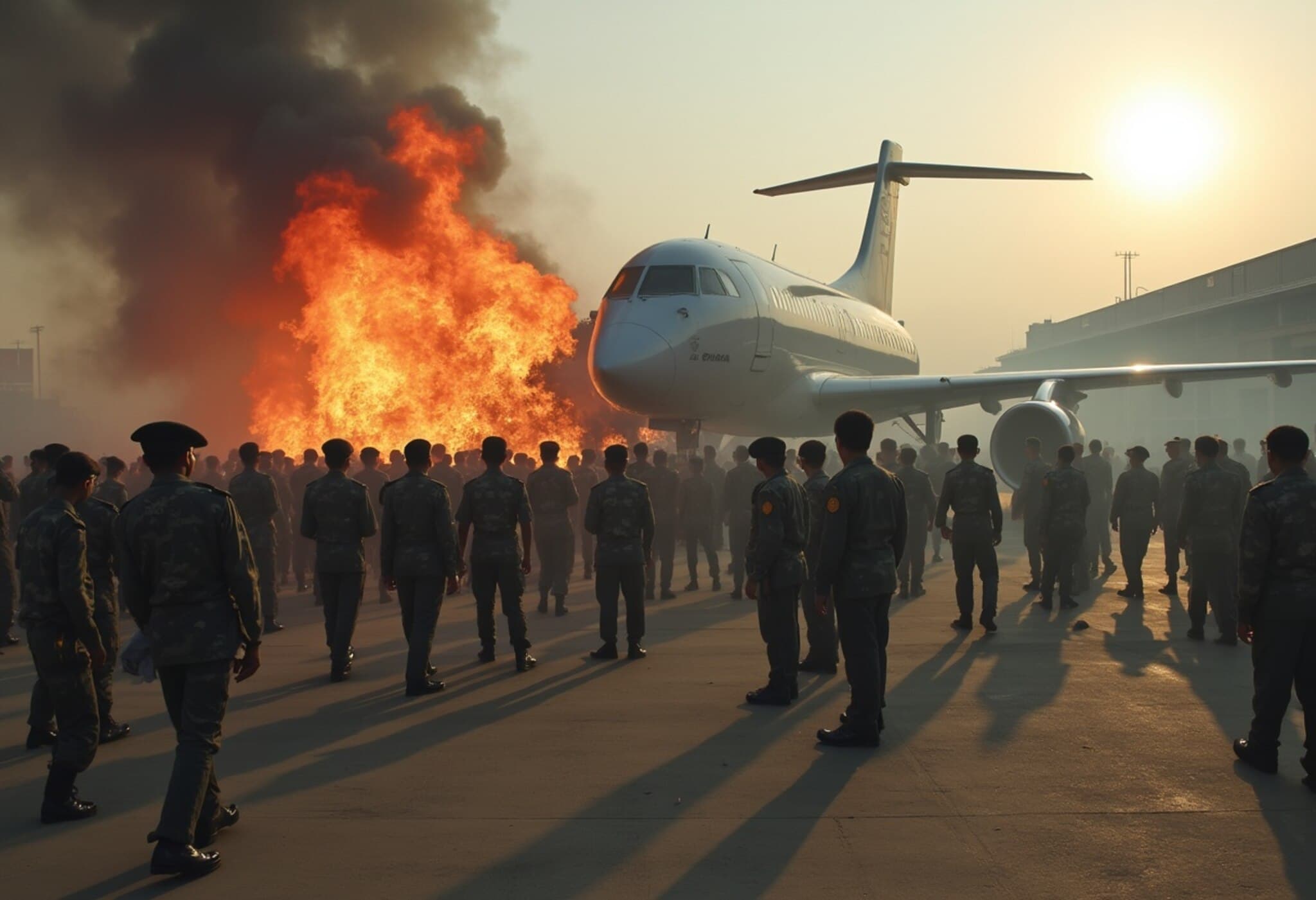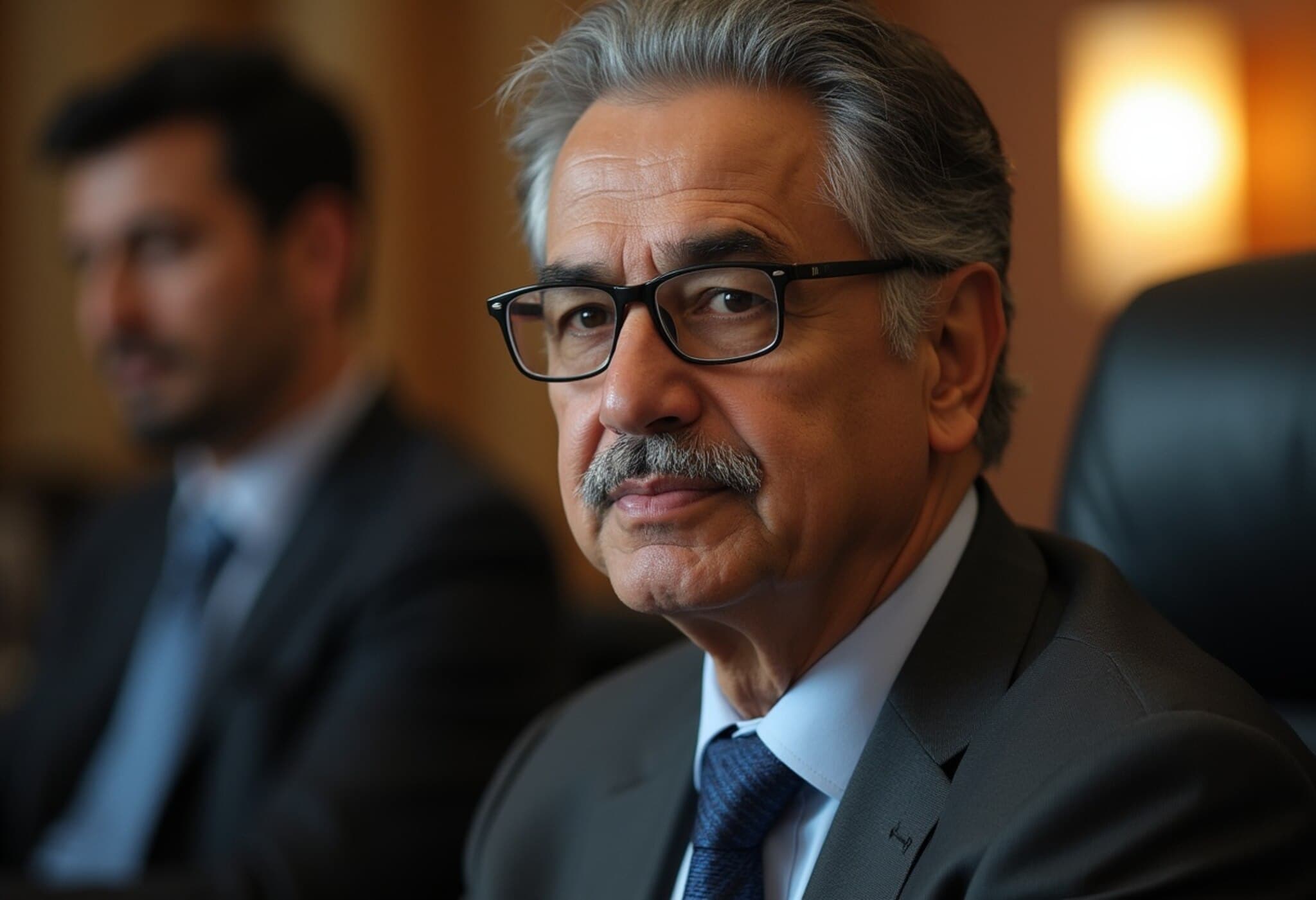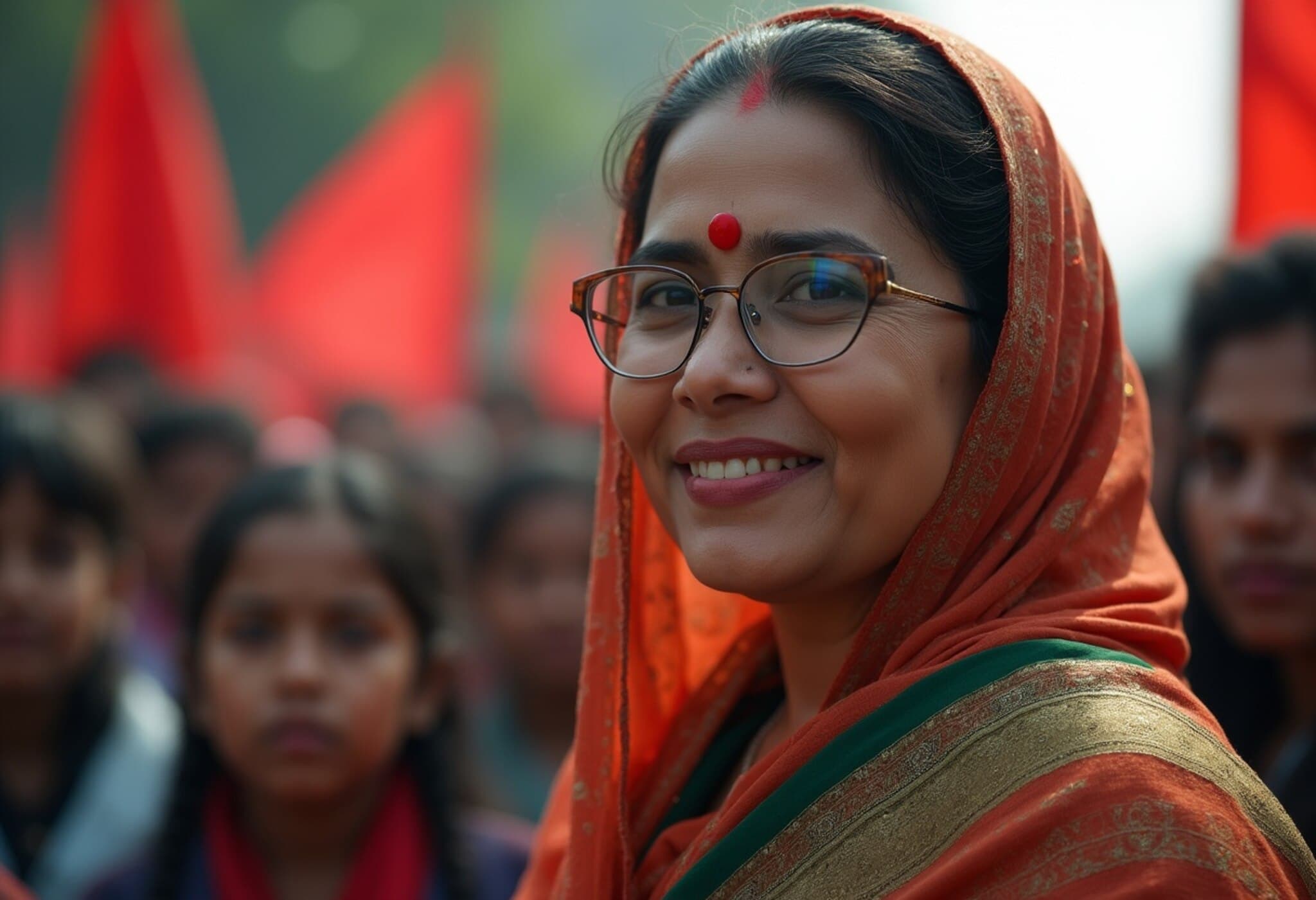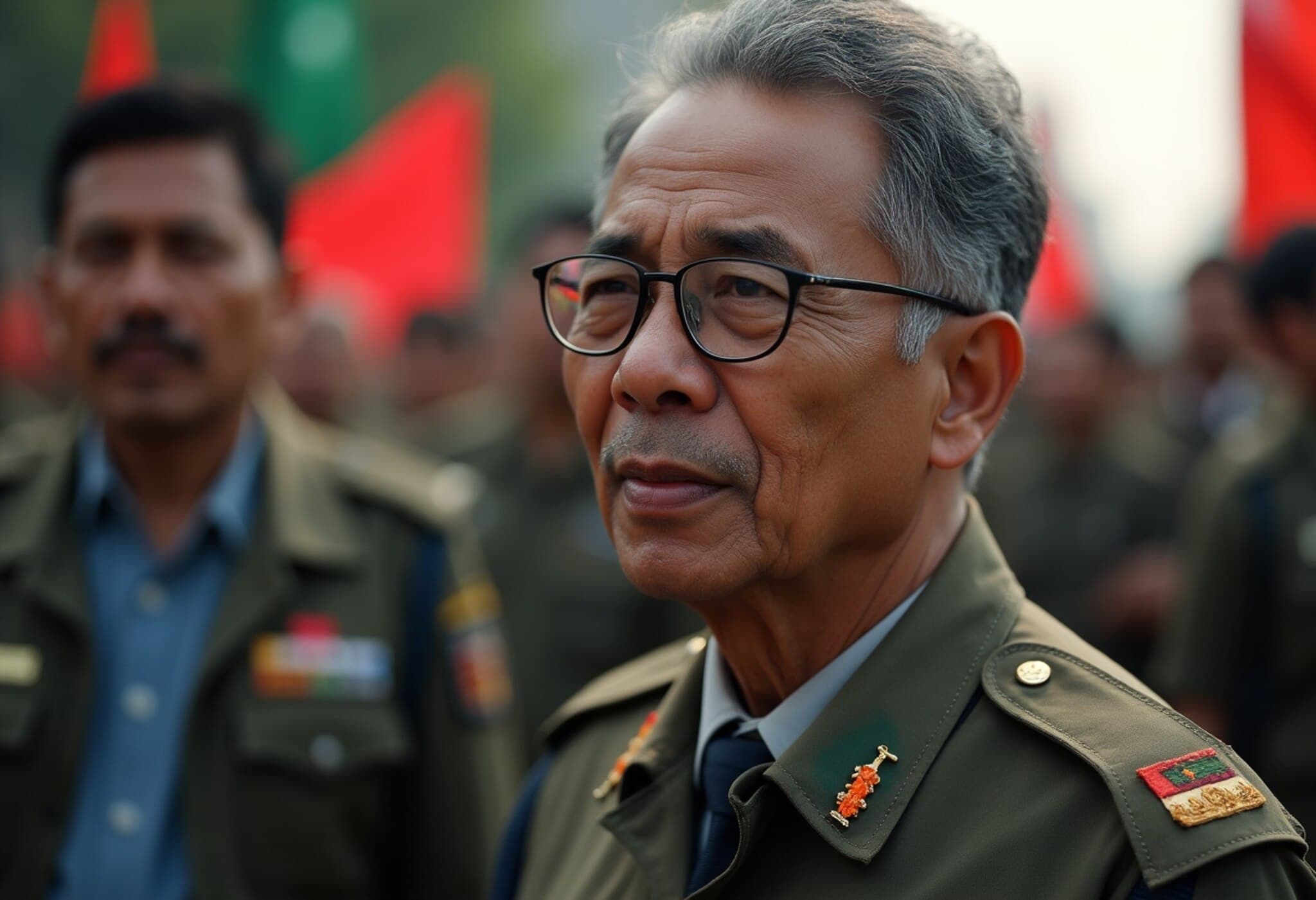Spike in Hate Crimes Against Minorities Raises Alarm in Bangladesh
Bangladesh is witnessing a troubling rise in violence targeting its religious minority communities, with human rights groups sounding alarms over the government's apparent indifference and the widespread impunity enjoyed by perpetrators.
Alarming Statistics from Religious Unity Council
The Bangladesh Hindu Buddhist Christian Unity Council recently unveiled a staggering tally of 2,442 incidents of communal violence spanning from August 2024 through June 2025. These incidents encompass killings, sexual assaults, arson, and the destruction of places of worship and private properties. The Council's findings highlight a pattern of escalating attacks since the political upheaval that followed the ousting of former Prime Minister Sheikh Hasina last year.
Government Response and Allegations of Neglect
Despite these harrowing figures, the interim administration, led by Nobel Peace Prize laureate Muhammad Yunus, acknowledges only 88 cases and reports 70 arrests. Critics argue these numbers severely underrepresent the true scope of violence. Monindra Kumar Nath, the Council’s acting general secretary, emphasized, "The accused are enjoying impunity," accusing authorities of dismissing evidence-based concerns as politically motivated fabrications.
Systemic Marginalization of Minorities in National Policies
Religious minorities, who constitute roughly 10% of Bangladesh’s 170 million population, reportedly face systemic exclusion from policymaking and national reform initiatives. Nath pointed out, "No representatives from minority communities have been included in commissions designed to ensure equality." This exclusion perpetuates cycles of marginalization that date back to Bangladesh’s independence in 1971.
Council member Kajal Debnath lamented, "We hoped that a government led by a Nobel laureate would bring positive change, but reality has fallen short with ongoing neglect and violence."
Recent Incidents Illustrate Vulnerability
In one distressing episode on May 22, following an unrelated murder, the homes of 20 minority families were attacked—looted, burned, and vandalized—with reports of women being assaulted. Despite police cases being filed, no arrests had been made over five weeks, forcing many victims into hiding or displacement. Vital documents such as property deeds and national IDs were destroyed, further deepening their vulnerability.
International Concern: India's Diplomatic Notice
India's Ministry of External Affairs has expressed mounting concern over Bangladesh's crackdown on minority persecution, addressing a parliamentary panel that the Yunus government is minimizing the scale and severity of these communal violence incidents.
Foreign Secretary Vikram Misri cautioned that extremist groups are exploiting the political vacuum left by Hasina’s exit, fueling increased religious radicalization and threatening regional stability. India has urged Bangladesh to honor its commitments to religious freedom and to swiftly hold accountable those responsible for these attacks.
Expert Analysis: The Broader Implications
This surge in targeted violence not only undermines Bangladesh’s social cohesion but also poses risks to its international standing and economic prospects. As a nation striving to balance development with democratic stability, protecting minority rights is essential to maintaining both internal harmony and robust diplomatic ties.
Legal experts emphasize that failing to prosecute hate crimes effectively emboldens perpetrators and erodes public trust in institutions. The pattern of impunity witnessed raises pressing questions about the rule of law and human rights protections in Bangladesh.
What Lies Ahead?
As political dynamics evolve, the fate of religious minorities in Bangladesh hinges on meaningful reforms, inclusive governance, and accountability mechanisms. The international community's eyes remain fixed on the country's ability to uphold its constitutional and international human rights obligations amid increasing sectarian tensions.
Key Takeaways
- 2,442 hate crimes reported against minorities within ten months.
- Government underreports incidents, acknowledging only 88 cases.
- Minorities largely excluded from national decision-making processes.
- International concerns, especially from neighboring India, call for urgent action.
- Impunity for perpetrators risks eroding Bangladesh’s democratic fabric.
Editor’s Note
Bangladesh's challenge in protecting its minority communities spotlights a global issue where political transitions often exacerbate sectarian divides. This situation invites reflection on how transitional governments can safeguard vulnerable populations amid unrest. As readers, we must watch closely whether Bangladesh will confront impunity and foster inclusive policies or allow historic marginalization to deepen — consequences that transcend borders and influence regional stability in South Asia.

